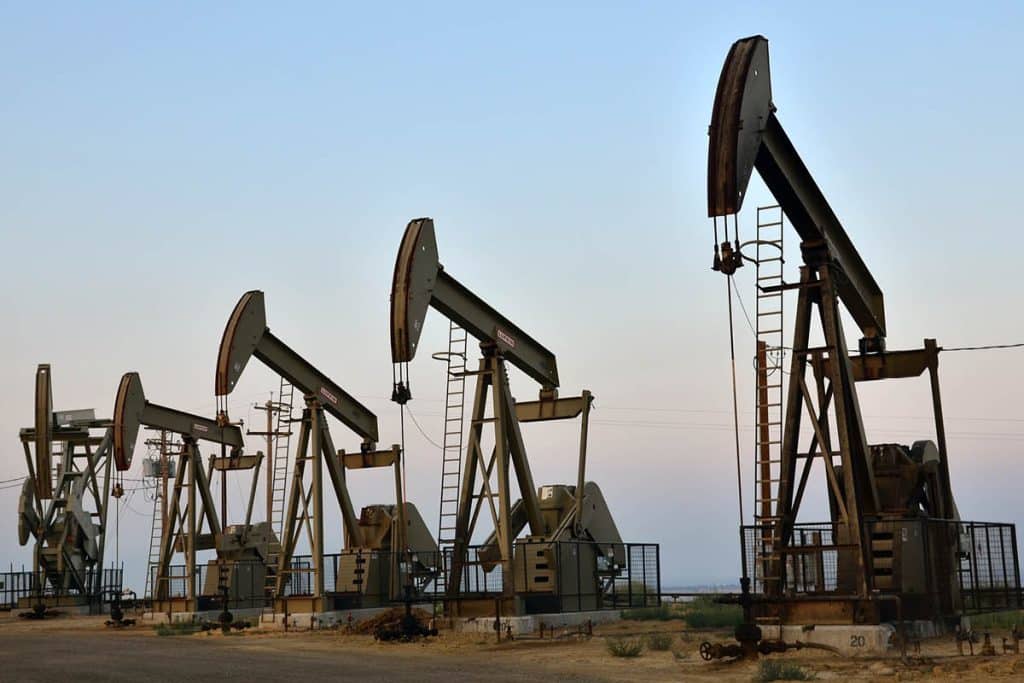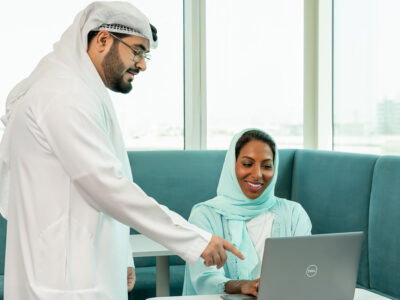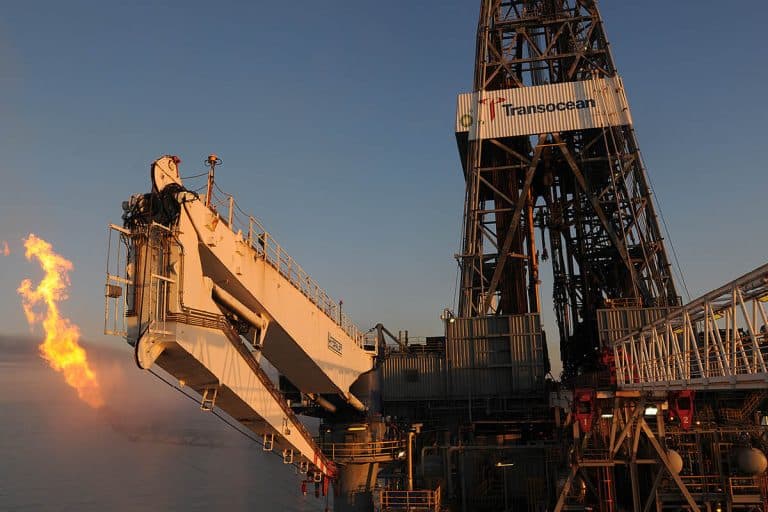Geopolitical tensions have caused the biggest disruption to energy security in a generation. That is only half the picture. To complicate things even further, drilling for oil is becoming a contested subject, too. Look no further than the United Kingdom.
With winter blackouts a looming threat, the government reversed a 2019 ban on fracking only to reinstate the ban a few weeks later. The decision reflects similar sentiments in Germany, France and Spain.
Whilst different debates have different subtle nuances, there is one common theme: underlying concerns about drilling. This is where energy firms can help. Talking to customers and communities about what they do, how modern drilling really works and explaining the benefits of smarter drilling innovations and the science driving the industry forward can lead to the reassurances needed.
This education process will help build understanding, but also increase awareness of the innovation in the industry as its commitment to developing more innovative, safer and efficient drilling technologies.
Take Oman’s Abraj Energy. We have made a clear-sighted decision to invest in state-of-the-art drilling technologies and have become the first MENA-based company to launch integrated fracking services, pioneering the development of deep tight gas wells. The energy crisis has tested our approach, but we are now playing a key role in broader industry efforts in Oman to help satisfy increasing energy demands.
Oman is well positioned to be a pioneer in building a stable and efficient future energy mix using best-in-class modern drilling technologies. This is framed by Oman’s Vision 2040 strategy and the stated desire to promote private sector leadership of the national economy.
Demand for onshore drilling rigs in Oman has remained highly resilient during recent years despite fluctuations in the global oil markets, and by 2027, Oman’s hydrocarbon production is forecast to reach 2 million barrels of oil equivalent per day.
Abraj has drilled over 5,000 km in oil and gas developments in Oman and currently drills an average of 239 wells annually. We are doing this with leading digital solutions and deploying innovative technologies to enable performance and sustainability that the global energy industry can benefit from.
We are also advancing a sustainable energy future for our customers, our employees and all our stakeholders through clear environmental, social and governance principles.
Abraj is currently expanding its Health, Safety, Environment and Quality policies and practises by updating its sustainability roadmap and strategy. This aims to meet the evolving requirements of stakeholders and clients as they adapt to the energy transition.
This work includes implementing a greenhouse gas calculation and monitoring system as part of our decarbonisation efforts. In line with future directions, Abraj is pursuing a comprehensive environment, social and governance (ESG) framework that supports His Majesty Haitham bin Tariq al-Said’s carbon neutrality by 2050 initiative.

As a result of increased digital adoption, Abraj benefits from more intelligent, remote, autonomous, and environmentally conscious operations. A bold vision of the future requires a steadfast, focused, and technologically advanced energy supply and Abraj stands ready to deliver.
We know that good corporate governance advances trust among our shareholders, customers, and employees. It builds transparency in our operations, and shapes how we conduct our business.
ESG principles are an essential part of the movement towards building a more responsible climate-conscious business environment. And, as our world continues to balance the global challenges of energy security, sustainability, and affordability, Oman can be a reliable global partner for years to come.
As a passionate investor in ever-smarter drilling technologies and services, Abraj has the ambition, people, and expertise to help deliver these necessary advancements.









